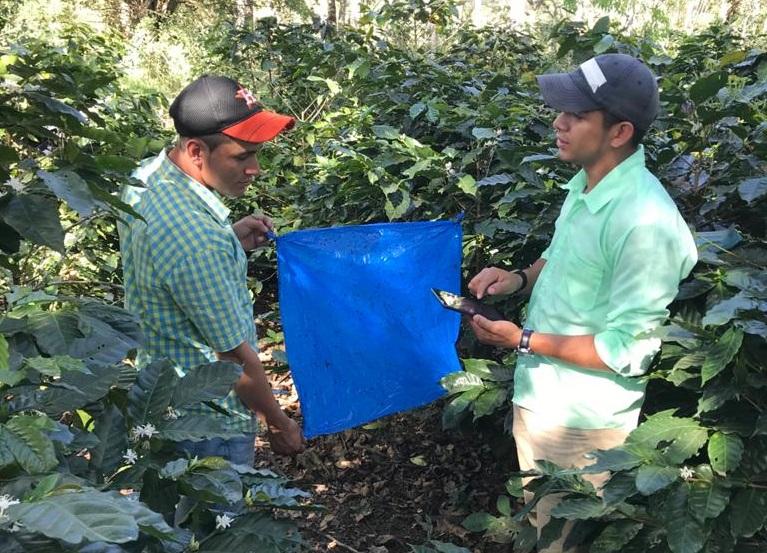Several of the world’s largest coffee roasting and trading companies have joined a pre-competitive research initiative with the goal of progressively reducing pesticide usage in coffee farming.
The initiative, called Ecoffee R&D Initiative (styled as ECOFFEE by the group), is being coordinated by the pioneering French tropical agricultural research agency CIRAD with support from the Agropolis Foundation.
A consortium of large U.S. and European roasting companies joining the effort includes Illycaffè, Jacobs Douwe Egberts, Lavazza Group, Nestlé, Paulig, Starbucks and Tchibo. The three green coffee giants joining the initiative included Mercon, Olam and Ecom.
Three agricultural research institutions joining Ecoffee include the Universidade Federal de Viçosa in Brazil, the Nicaragua-focused NicaFrance Foundation and the Vietnam Western Highlands Agriculture & Forestry Science Institute.
Collectively, the organizations are supporting the monumentally ambitious long-term goal of eliminating the practice of pesticide usage — including herbicides, fungicides and insecticides — in conventional coffee farming.
The Ecoffee effort is designed to support the environment, biodiversity and people in and around coffee farms, CIRAD said in an announcement of the initiative today.
The group noted that the Ecoffee timeline and governance are “still under construction,” although the broad plan is to involve industry actors and researchers to create a series of baseline studies to serve as an audit of current pesticide usage in coffee farming. Studies are currently expected to take place in four “representative” coffee-producing countries: Brazil, Vietnam, Mexico and Nicaragua.
“Major results are expected from this unique scientific study, which will serve as a reference for the initiative in support of the whole coffee sector,” CIRAD stated in the product launch announcement.
There will also be an international network of farms and researchers to test and evaluate non-pesticide farming approaches. This year, CIRAD plans to engage with major sustainability platforms while organizing workshops to engage experts and begin exploring current and potential pesticide-reducing solutions.
Nick Brown
Nick Brown is the editor of Daily Coffee News by Roast Magazine.







Comment